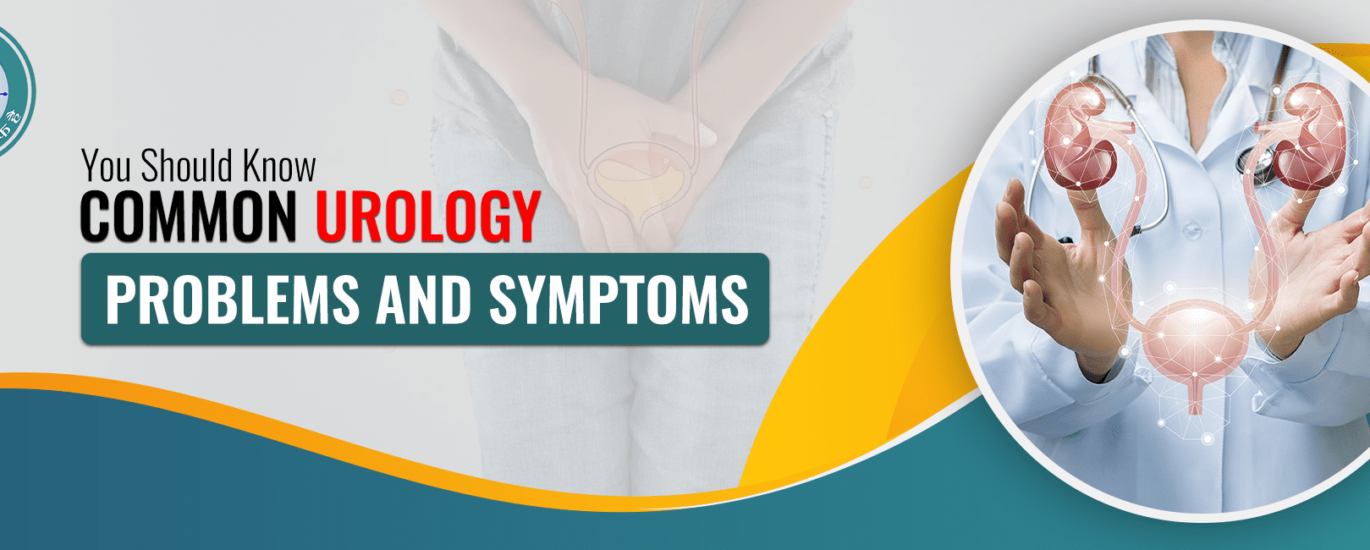The field of urology encompasses a wide range of health issues related to the urinary tract and male reproductive system. Recognizing the Common urology Problems and Symptoms is crucial for timely intervention and effective management. In this comprehensive guide, we’ll explore common urological problems, delve into the specifics of their symptoms, and discuss proactive solutions.
Common Urological Problems
Urinary Tract Infections (UTIs)
Urinary tract infections (UTIs) are the most prevalent urological concern, impacting women significantly more frequently than men. Remarkably, about 60 percent of women will encounter a UTI in their lifetime, compared to a 12 percent occurrence in men. Recognizing a UTI is crucial, primarily marked by a burning sensation and a frequent urge to urinate. Diagnosis involves a urine culture conducted by a healthcare professional. The good news is that UTIs respond well to antibiotics, making early treatment essential to prevent complications. For those facing recurring UTIs, seeking guidance from a doctor is paramount for sustained urological health.
Kidney Stones
Kidney stones form when particles in urine crystallize, creating painful blockages in the urinary tract. While smaller stones can pass naturally, larger ones may require surgery or procedures like extracorporeal shock wave lithotripsy (ESWL). ESWL uses sound waves to break stones into smaller fragments, aiding their passage. Understanding the formation and treatment of kidney stones is crucial for managing the discomfort and complications associated with these crystalline formations in the kidneys.
Prostate Issues
Prostate issues are involved in Common urology Problems and symptoms with the small gland in men called the prostate. Conditions like Benign Prostatic Hyperplasia (BPH), prostatitis, and prostate cancer can cause difficulties. BPH enlarges the prostate, making it harder to urinate. Prostatitis is inflammation, leading to pain. Prostate cancer is a serious condition. Regular check-ups and early detection help manage these issues effectively. If you experience symptoms like difficulty urinating or pain, consulting a healthcare professional is crucial like Pulse Hospital, the best hospital in Kotputli for proper diagnosis and appropriate care.
Incontinence
Incontinence, a common and often stigmatized condition, involves the loss of bladder or bowel control. It manifests in various forms, including stress, urge, or mixed incontinence. Factors like age, childbirth, or underlying health issues contribute to its occurrence. While treatments range from lifestyle changes to medications and surgery, understanding and addressing the physical and emotional aspects of incontinence is crucial.
Recognizing Symptoms
- Changes in Urinary Habits: Notice any alterations in urination frequency, urgency, or the onset of incontinence. Sudden shifts in these patterns may signal underlying urology problems and symptoms.
- Pain or Discomfort: Be attentive to any lower abdominal pain, pain during urination, or discomfort in the back. These sensations can be indicative of various urological conditions that require investigation.
- The appearance of Urine: Pay attention to the color, clarity, and odor of urine. Unusual changes, such as blood in the urine or a cloudy appearance, may be warning signs of urological problems.
- Pelvic Pain: Recognize any persistent pelvic pain, which could be linked to issues affecting the urinary tract or reproductive organs. This symptom should not be overlooked.
- Consistency of Symptoms: If symptoms persist or worsen over time, seeking medical advice is crucial. Timely recognition and professional evaluation are paramount for effectively addressing urological concerns.
Seeking Solutions
Importance of Timely Medical Attention:
Getting quick medical help for urology problems and symptoms is crucial. Early attention can prevent complications, reduce pain, and improve treatment outcomes. Don’t delay seeking care if you notice symptoms like changes in urination or discomfort. Swift action can make a significant difference in managing and resolving urological issues.
Diagnostic Procedures
For urology problems, doctors use diagnostic procedures to understand and identify issues. These procedures can include physical exams, urine tests, and imaging like ultrasounds or scans. These help doctors get a clear picture of what might be causing the problem, guiding them in determining the best course of action for treatment.
Treatment Options and Lifestyle Management
For urology problems and symptoms, treatment includes medications, surgeries, or lifestyle changes. Medications help control symptoms. Surgeries might be needed for severe cases. Lifestyle changes, like a healthy diet and staying hydrated, can prevent issues. Talk to a doctor like a multispeciality hospital in Kotputli for the best plan for your specific condition.
Coping Strategies and Support
Navigating urological challenges requires resilient coping strategies and a robust support system. Acknowledging the psychological impact, individuals can benefit from embracing self-care practices, seeking professional counseling, and connecting with support groups.
Conclusion
Understanding common urology problems and symptoms is essential for proactive healthcare. Recognizing symptoms early, seeking timely medical attention, and exploring effective solutions empower individuals to take control of their urological health. By shedding light on prevalent issues and their respective management strategies, this knowledge encourages a proactive approach to well-being. Remember, addressing urological concerns promptly ensures a higher quality of life and contributes to overall health and longevity.
FAQS
The most common urological problem is urinary tract infection (UTI). It affects people of all ages, causing discomfort during urination and requiring prompt medical attention for treatment.
Urology problems are treated through various methods, including medications, lifestyle changes, and, in some cases, surgery. Consultation with a urologist helps determine the most suitable treatment approach for each individual.
Urology symptoms include changes in urination, pelvic pain, and abnormal urine appearance. Recognizing these signs is crucial for timely medical attention and effective management of urological issues.
Choose Pulse Hospital for urology care for expertise, compassionate staff, advanced treatments, and a patient-centred approach. Your well-being is our priority.

